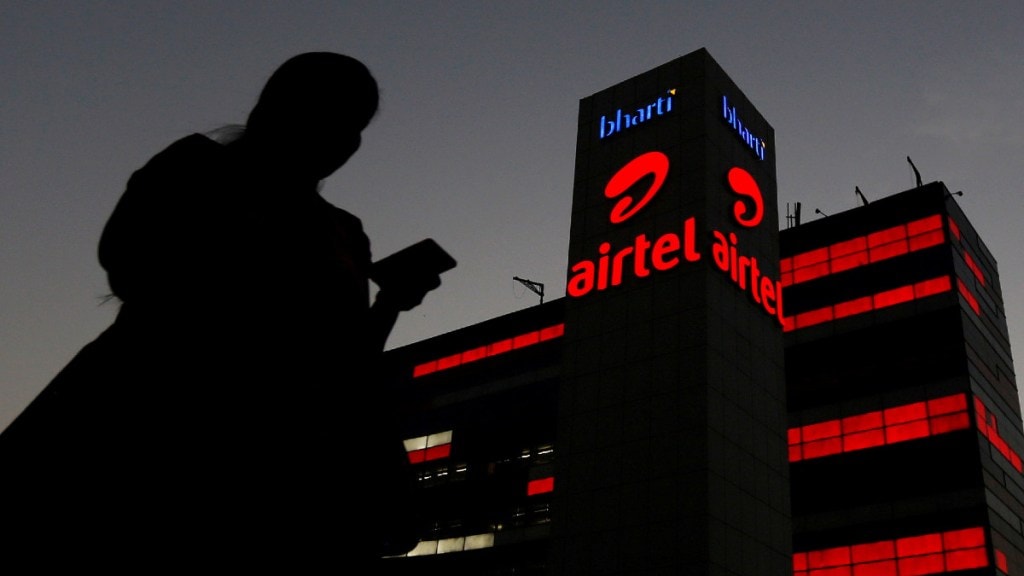Bharti Airtel managing director and CEO Gopal Vittal on Wednesday said the company’s key ask from the government is to only regulate OTT (over-the-top) apps, similar to how telcos are regulated. The primary issue is not about receiving revenue share or payments from OTTs for using bandwidth, Vittal said during the post-quarter earnings call with analysts.
Vittal’s statement is significant in the light of ongoing spar between the Cellular Operators Association of India, and the technology companies including startups, where the telecom group has argued that OTT apps should pay a revenue share to telcos for using the network, as it is leading to increase in bandwidth consumption and additional costs. However, the OTT apps and startups have said the consumers are consuming the data and any move to charge OTTs would lead to violation of net-neutrality principles.
“Net-neutrality has nothing to do with the consultation that has been started by the Telecom Regulatory Authority of India (Trai)…our limited point is please subject everybody to the same rules,” Vittal said, adding that the regulation should keep pace with the evolution of new technologies.
Notably, in response to Trai’s consultation paper on regulatory mechanism for OTT communication apps, Airtel did push for a provision to direct such OTT apps to make payment to the telcos, as their share of contribution to the capital cost of broadband networks.
During the analyst call, the Airtel CEO said while telcos are being penalised for any of the phishing, spams, frauds, etc, which happen through messaging, but when the same happens using an alternate or over-the-air technology or any of the messaging apps, there is no regulation.
Similarly, for carrying linear content such as television programmes, while DTH (direct-to-home) and cable TV are subject to price regulations and other restrictions, there are no regulations when the same content is delivered via OTTs, Vittal said.
On 5G monetisation, Vittal said, “the challenge on 5G is that the real use case today is only speed. We need more applications to be written on 5G networks, which really use the benefit of this technology, which unfortunately is not the case anywhere. I think the large investments that are going on 5G are more of perception and so on and so forth. There’s very limited monetisation on 5G,” he said.
During the July-September quarter, Airtel’s capex declined to Rs 7,787 crore from around 9,300 crore in the preceding quarter, which in a way surprised analysts given the rollout of 5G networks.
The company cited monsoons and some moderation in its ability to deploy the network as reasons for a lower capex.
In a bid to extend its home broadband offering, Airtel will extend the launch of 5G fixed wireless access (FWA) services pan-India by the year end. The company will also launch the outdoor FWA devices in the coming months for a better 5G wireless experience to its users.
The Airtel CEO reiterated that tariffs are lower in the country but did not indicate when will the company hike headline tariffs. “I think tariffs need to go up, the industry needs to become viable. But all this is not in our hands,” Vittal added.
On the 2G to 4G/5G migration, Vittal expects in the next 3-5 years all 2G users will switch to smartphones.
In the next spectrum auction, the company is expected to spend little as it has ample spectrum and will only purchase the frequency in three or four circles, where its licence is getting expired.
